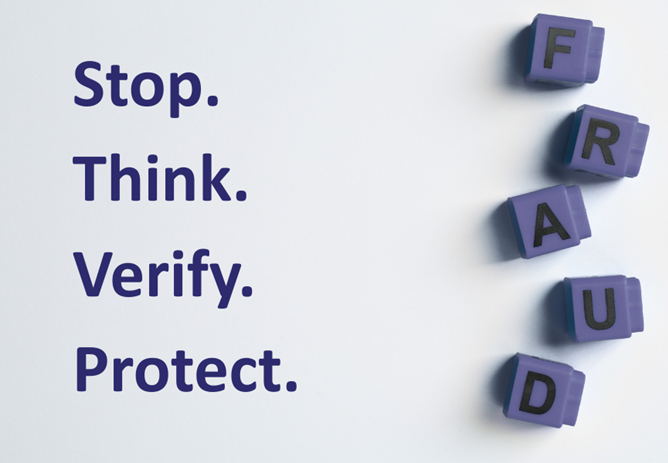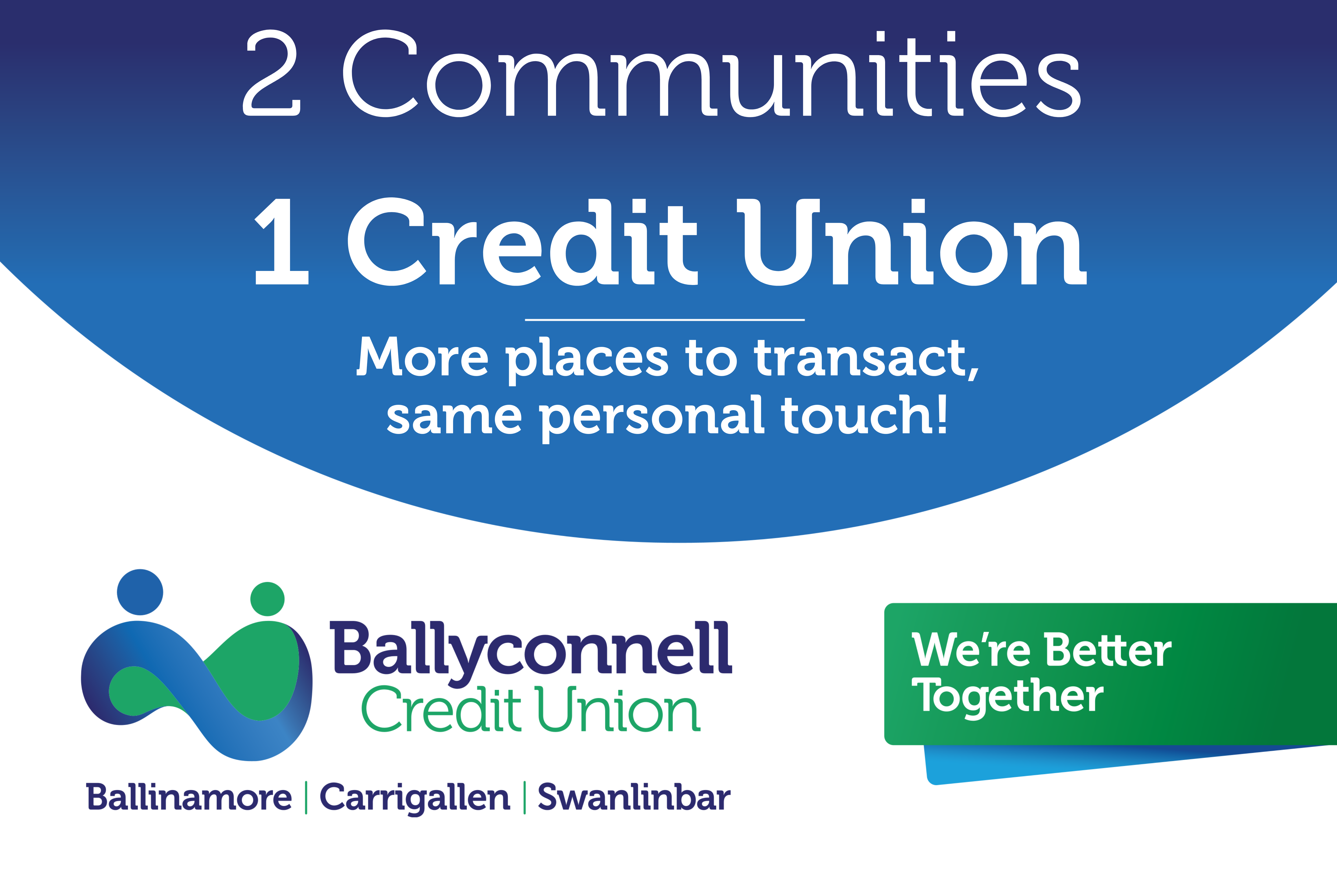14 August 2025
Protect Yourself From Fraudsters
Stay One Step Ahead of Fraud
Fraudsters are constantly finding new ways to trick people into giving away their information, money, or access. The best way to protect yourself is to slow down, stay alert, and follow a few simple habits that make it harder for scammers to succeed.
1. Think Before You Click
Scam links are often disguised as urgent notifications, amazing deals, or messages from someone you trust. Before you click, take a moment to hover over the link or check where it leads. If something feels off, trust your instincts - it's better to miss out on a "deal" than to compromise your security.
2. Verify The Sender
Emails, texts, and calls can all be faked to look like they're from legitimate organisations. If someone asks you for sensitive information or urges you to act quickly, double-check their identity using official contact details. Never rely solely on the information provided in the suspicious message.
3. Protect Personal Information
Your personal details are valuable - treat them like cash! Avoid sharing your address, financial details, or ID numbers unless you're sure you're dealing with a trusted source. On social media, think twice before posting details that could be used to impersonate you.
4. Fully Read Messages
Scammers often count on you skimming over a message so you miss subtle clues - a misspelled name, a slightly altered email address, or a suspicious request. Take the time to read every message in full before taking action. Those few extra seconds could reveal a red flag that saves you from becoming a victim of fraud.
Remember:
Fraud prevention isn't about paranoia - it's about awareness. Small, consistent habits create a strong defense against even the most convincing scams.








